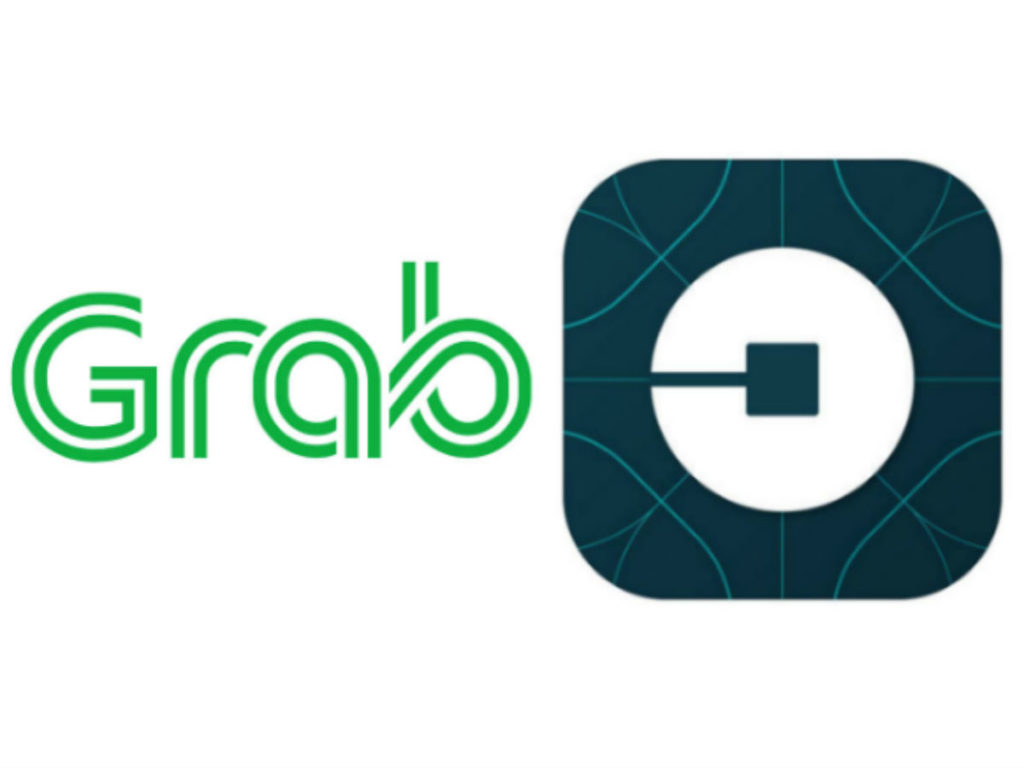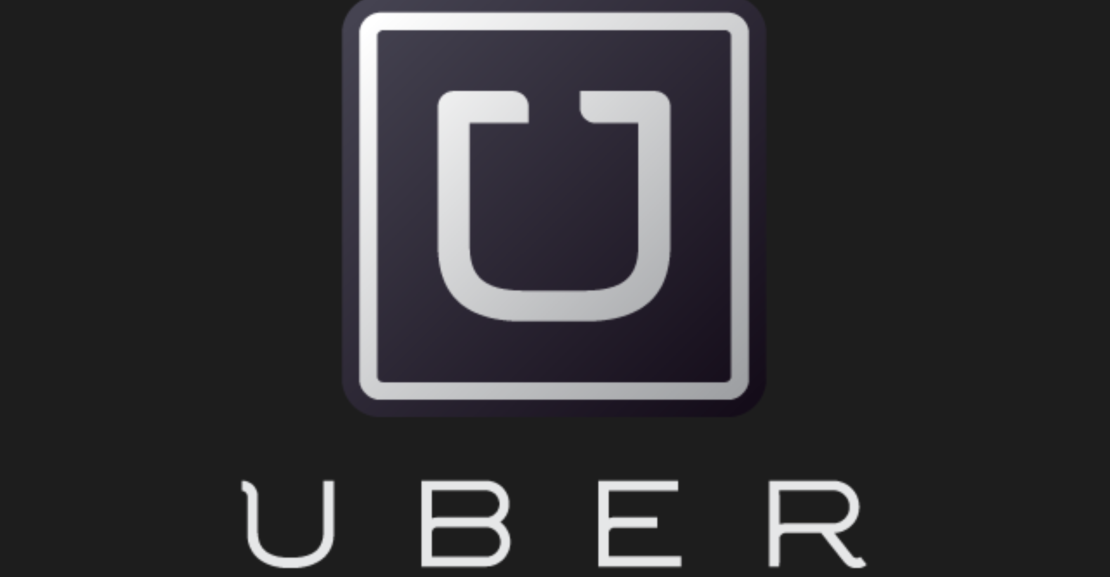The Philippine Competition Commission (PCC) said on Saturday that it has ordered ride-hailing service provider Uber to continue operating its app for the entire duration of its motu proprio review.
To date, Uber’s accreditation with the Land Transportation Franchising and Regulatory Board (LTFRB), the regulatory agency of PH government for regulation of franchise for public transport, has already expires permit since last year.
This directive also puts Grab’s move to acquire its competitor to a halt while the antitrust commission is reviewing the deal. Although LTFRB is not party to this acquisition, transport network vehicle service (TNVS) of Uber may opt to be accredited with Grab and continue to service the riding public.
Grab Holdings, Inc. (GHI) and MyTaxi.PH, Inc. (MTPH) has announced earlier to buy the assets of Uber B.V. (UBV) and Uber Systems, Inc. (USI) in Southeast Asia and has started to carry out the terms of its sale, including the migration of Uber drivers to its platform and the shutdown of the Uber app by April 9 in the Philippines.

In a bid to protect competition in a looming monopoly, the PCC issued a set of Interim Measures to ensure the welfare of the riding public and the drivers while the in-depth merger review of the Grab-Uber deal is ongoing.
PCC Chairman Arsenio M. Balisacan, said, “The PCC believes that Uber is capable of operating its ride-hailing app in the country, despite its claims that it has already exited the Southeast Asia market.”

“Uber is highlighting its exit, but what it does not emphasize enough is its integration with Grab. Thus, Uber is not truly exiting the Philippine market, but rather effectively merging their operations with Grab here. The deal makes Uber a part-owner of Grab,” said Balisacan.
“This move by Uber in the Philippine market leads to further substantial concentration of what is, to begin with, an already highly concentrated ride-sharing market. This virtual monopolization of the market by Grab can harm the riding public,” he added.
The PCC has also imposed on Grab and Uber to maintain the independence of their business operations and other conditions prevailing prior to 25 March 2018, which include, ride hailing and delivery platforms; pricing and payment policies including incentives and promotions to riders; product options; customer and rider database; and on-boarding of new partner drivers as well as the fees, charges, and incentives to partner drivers, among other measures.
“Uber’s compliance with our antitrust counterpart in Singapore to extend the operation of its app indicates the feasibility of continuing its operations in the Philippines as well,” explained Balisacan.
PCC is mandated under the Philippine Competition Act to review mergers, acquisitions and joint ventures of firms across all sectors. PCC is committed to ensure that Grab’s acquisition of Uber in the Philippines will not harm the interest of the riding public.

